Top 5 Container Security Books for 2026
A curated list of the best books on Docker and Kubernetes security for 2026.

Docker was introduced in 2013, changing the way software is developed and deployed almost overnight. Thirteen years later, container security is still not discussed nearly enough. To help you navigate this evolving space, here are the top 5 books on Docker and Kubernetes security for 2026.
In curating this list, I considered:
- Relevance: Coverage of modern container security practices, including recent advances in Docker, Kubernetes, and supply-chain security.
- Practicality: Hands-on examples, real-world case studies, and actionable advice.
- Author Expertise: Books written by practitioners with deep experience in DevOps, security, and cloud-native systems.
- Community Feedback: Positive reception and long-term relevance in the container community.
Note: 3 of the 5 books in this list were published or updated in 2025, making this collection especially relevant for anyone planning their learning roadmap for 2026.
1. Container Security: Fundamental Technology Concepts that Protect Containerized Applications — Liz Rice
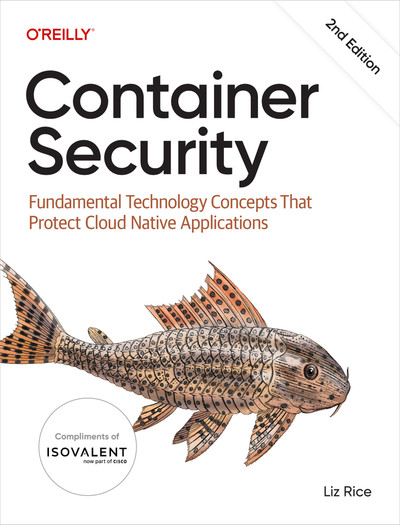
Liz Rice is one of the most respected voices in container security. This book provides a deep, foundational understanding of how containers work at the kernel level (namespaces, cgroups, capabilities) and how these primitives affect security.
The second edition, released in October 2025, brings updated insights on eBPF, modern container runtimes, and contemporary threat models. This makes it one of the freshest container security resources going into 2026.
2. Docker and Kubernetes Security — Mohammad-Ali A'râbi
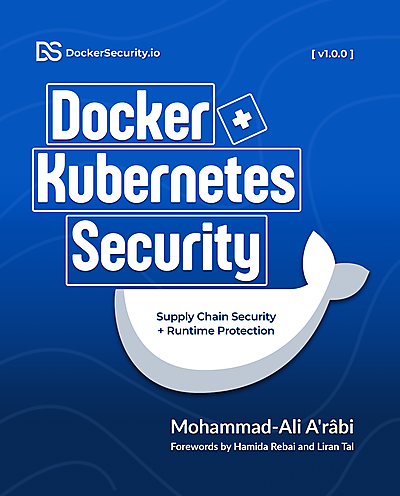
A practical, modern guide to securing both Docker and Kubernetes environments. The book covers the full lifecycle of container security, including image hardening, supply-chain security, SBOM generation, attestations, runtime controls, and Kubernetes security contexts and policies.
Published in October 2025, the book includes forewords by Hamida Rebai and Liran Tal, and was written by Docker Captain Mohammad-Ali A'râbi. Its hands-on approach and modern focus make it an essential resource for 2026.
3. Kubernetes Security and Observability — Brendan Creane & Amit Gupta
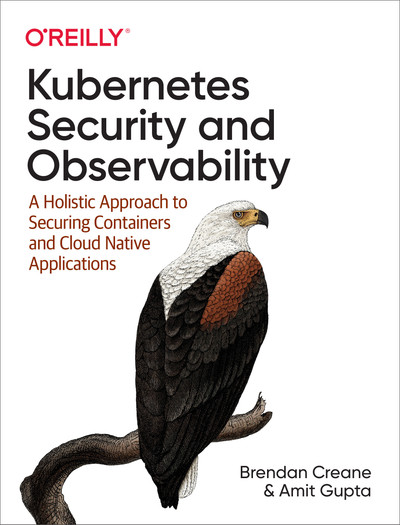
A thorough exploration of how to secure and monitor Kubernetes clusters in production. The book covers network security, workload isolation, runtime monitoring, and strategies for achieving security through observability.
Originally published in October 2021, it remains relevant in 2026 due to its timeless architectural guidance and practical focus on real-world cluster hardening.
4. Hacking Kubernetes: Threat-Driven Analysis and Defense — Andrew Martin & Michael Hausenblas
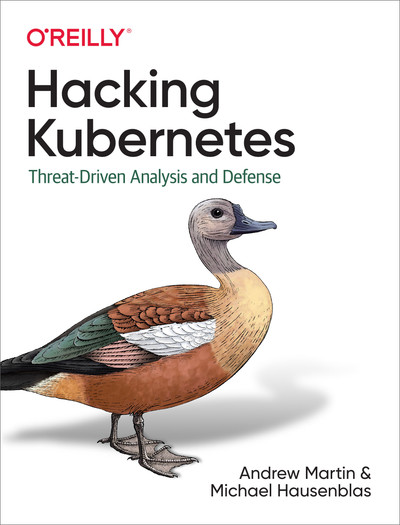
This book takes a threat-driven approach to Kubernetes security, making it ideal for readers who want to understand how attackers think. It covers real attack vectors, privilege escalation paths, cluster compromise scenarios, and practical defensive measures.
Released in October 2021, it continues to be a go-to reference for both red and blue teams working with Kubernetes and remains highly relevant going into 2026.
5. Docker Deep Dive — Nigel Poulton
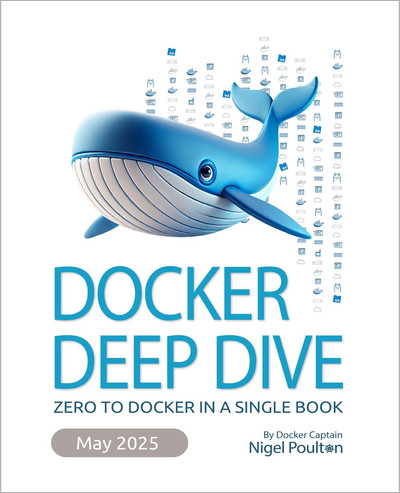
While not a dedicated security book, Docker Deep Dive is one of the most widely read Docker resources. It provides a clear and practical introduction to Docker's architecture, container images, networking, and orchestration.
The May 2025 edition includes an updated chapter on Docker security best practices. Its freshness and hands-on style make it a valuable addition to this list for 2026.
Conclusion
These five books offer a comprehensive and well-rounded foundation for container security in 2026, from deep kernel concepts and hands-on hardening to Kubernetes attacks, runtime defenses, and modern supply-chain security. This collection will help software engineers, DevOps practitioners, and security professionals alike stay ahead in the rapidly evolving world of containerization. Happy reading!